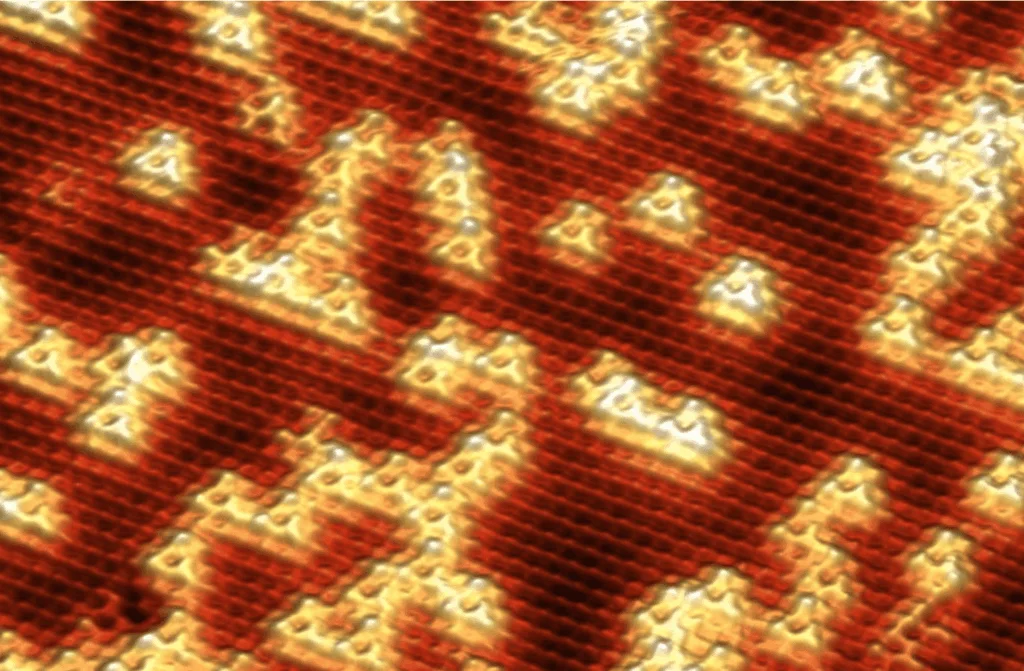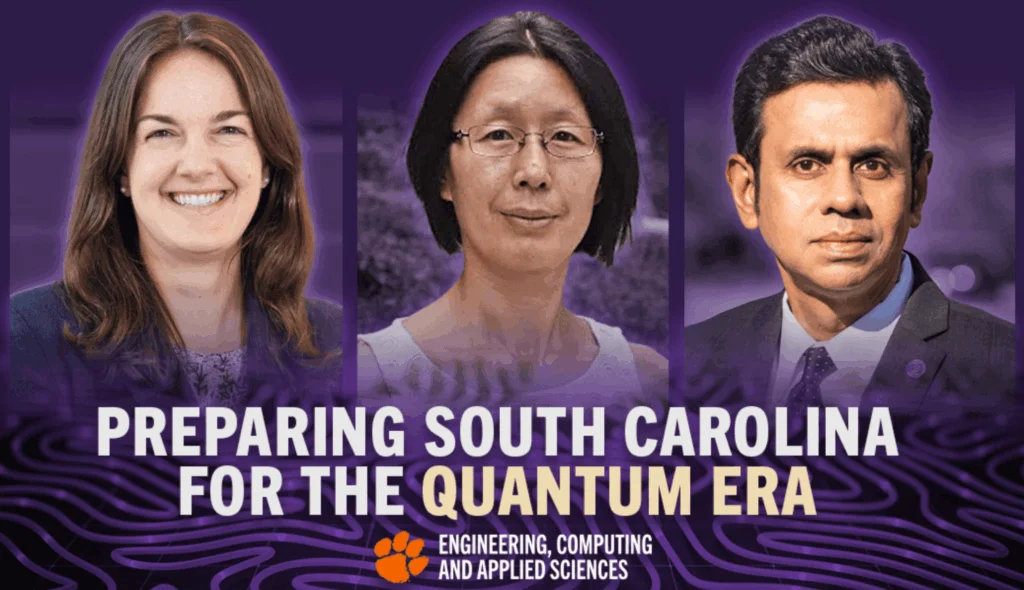A research team using a classical supercomputer beat Google’s historic experiment in 2019 that resulted in a claim of quantum supremacy. But, don’t pack away your artsy supercomputing chandeliers just yet.
In a study published in the Physical Review of Letters, a research team from the Institute of Theoretical Physics at the Chinese Academy of Sciences, led by statistical physicist Pan Zhang, reported they beat Google’s computer — Sycamore — at the same computational task that was examined in the 2019 study. At the time, scientists expected it would take a supercomputer about 10,000 years to complete. The Chinese research team needed about 15 hours to complete the task on a supercomputer.
According to Science, Zhang’s team took a slightly different approach to that problem. The researchers re-worked it as a 3D tensor network with 20 layers, each layer held 53 dots, one for each qubit. To represent the gates, the team had lines connected the dots. Each gate encoded in a tensor. To run the simulation, all the team needed to do was multiply the tensors, according to the magazine.
“The advantage of the tensor network method is we can use many GPUs to do the computations in parallel,” Zhang told Science.

This doesn’t mean that Google’s achievement wasn’t historic — and it certainly doesn’t mean that quantum computers should be shelved, according to experts who commented on the Science article. In fact, the ability for a supercomputer to complete the task was predicted.
Because the original experiment was designed to play on the strengths of quantum computers — and the weaknesses of classical computers — the researchers at the time expected classical algorithms to improve in performance and that ones specifically designed for the calculation could eventually be created.
Scientists also point out that just as classical algorithms will improve, quantum computers will also improve — and as they do, a slight adjustment in performance could soon leave classical — even classical supercomputers — in the dust.
“In our 2019 paper, we said that classical algorithms would improve,” Sergio Boixo, principal scientist for Google Quantum AI, told Science in an email, adding, “We don’t think this classical approach can keep up with quantum circuits in 2022 and beyond.”
There’s also the supercomputer’s ravenous need for energy. Sycamore required far fewer operations and less power than his classical approach, Zhang said. In an industry that is focused on sustainability, the quantum alternative appears to have the best potential.
What Zhang’s team ultimately showed is how difficult it is to judge a race between quantum and classical computers.
Scott Aaronson told Science: “There’s an urgent need for better quantum supremacy experiments.”
Zhang offered the magazine another take: “We should find some real-world applications to demonstrate the quantum advantage.”
If you found this article to be informative, you can explore more current quantum news here, exclusives, interviews, and podcasts.















